In 2016 Fair Wear Foundation, Mondiaal FNV and CNV Internationaal, together with the Dutch Ministry of Foreign Affairs, entered into a strategic partnership for Garment Supply Chain Transformation. Our goal? ‘Improved labour conditions in the seven countries in South and Southeast Asian and East African readymade garment supply chains while ensuring a healthy and viable readymade garment industry’. Over the last five years, our partnership has gathered workers, unions, factory management and brands to gradually transform the garment supply chain.
We aimed to improve policies and practises on human rights compliance, with a focus on three thematic areas: ‘social dialogue’ (SD), ‘living wages’ (LW) and ‘gender-based violence’ (GBV). This collaboration has obtained important outcomes in terms of strengthened lobby and advocacy capacities and the increased engagement in influencing activities of its partner organisations, and encouraging and promising changes in laws, policies and practices.
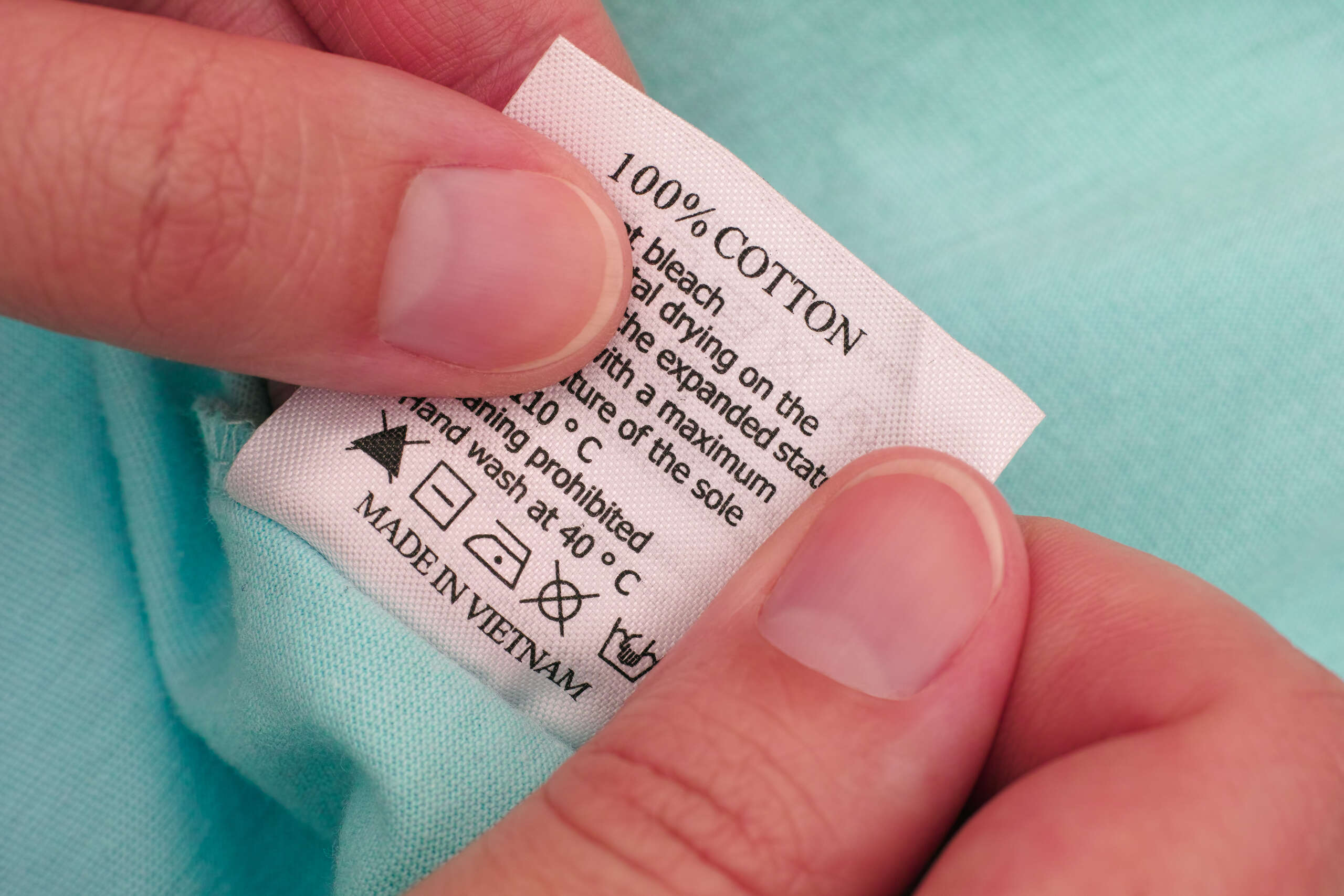
We made sustainable progress in building trust and dialogue
Social dialogue is the cornerstone of sustainable development: employers, employees and governments can each benefit from constructive dialogue on social economic issues and healthy industrial relations. Among others we worked on:
Recommendations from within: the virtual community Fair Fashion Think Tan
Improving social dialogue in Indonesia and Vietnam through Multi Company Collective Bargaining Agreements (CBA’s)
Strengthening social dialogue in Myanmar: between 2017 and 2019 there were 126 CBAs registered
Lowering the threshold for registering a new trade union: in Bangladesh, SP partners have been able to successfully lobby for a change of the labour law
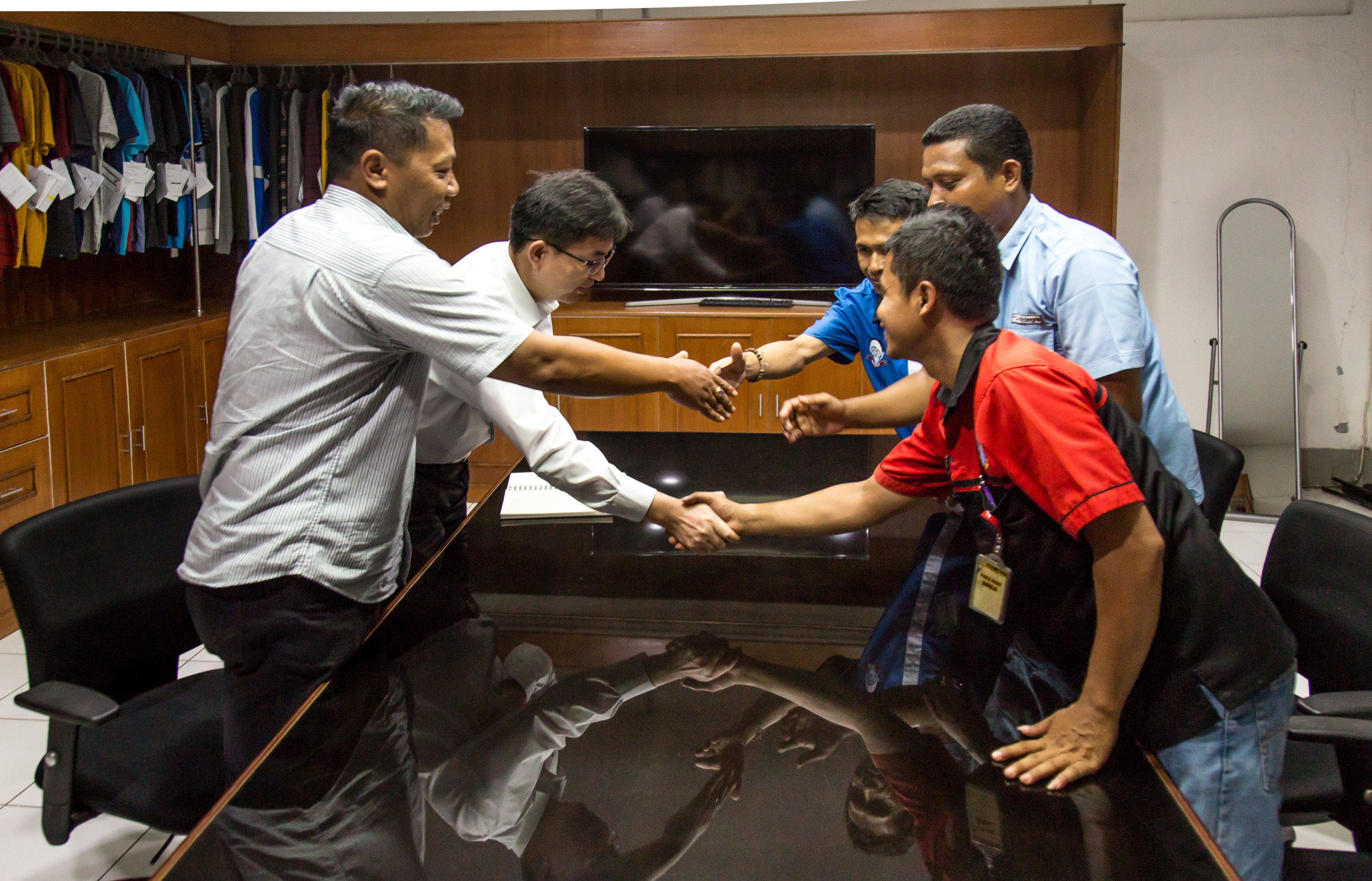
We worked with brands to increase the wage for workers
Living wages are a human right. Everyone should receive a wage that covers his or her basic needs and of the family they care for, yet the wages earned by the people who make your clothes are not liveable. We support local organisations and we develop tools and guidance for brands, such as:
Continental Collection works towards living wages in India
The Wage Ladder, an easy-to-use tool that allows the wages paid at any factory to be compared against a range of wage benchmark
Fair Wear’s Labour Minute Costing Calculators allow brands and factories to ring-fence the labour cost based on a transparent methodology for costing/pricing of goods
Our partnership has worked with local partners on minimum wage processes in Bangladesh, Myanmar, Vietnam and Cambodia
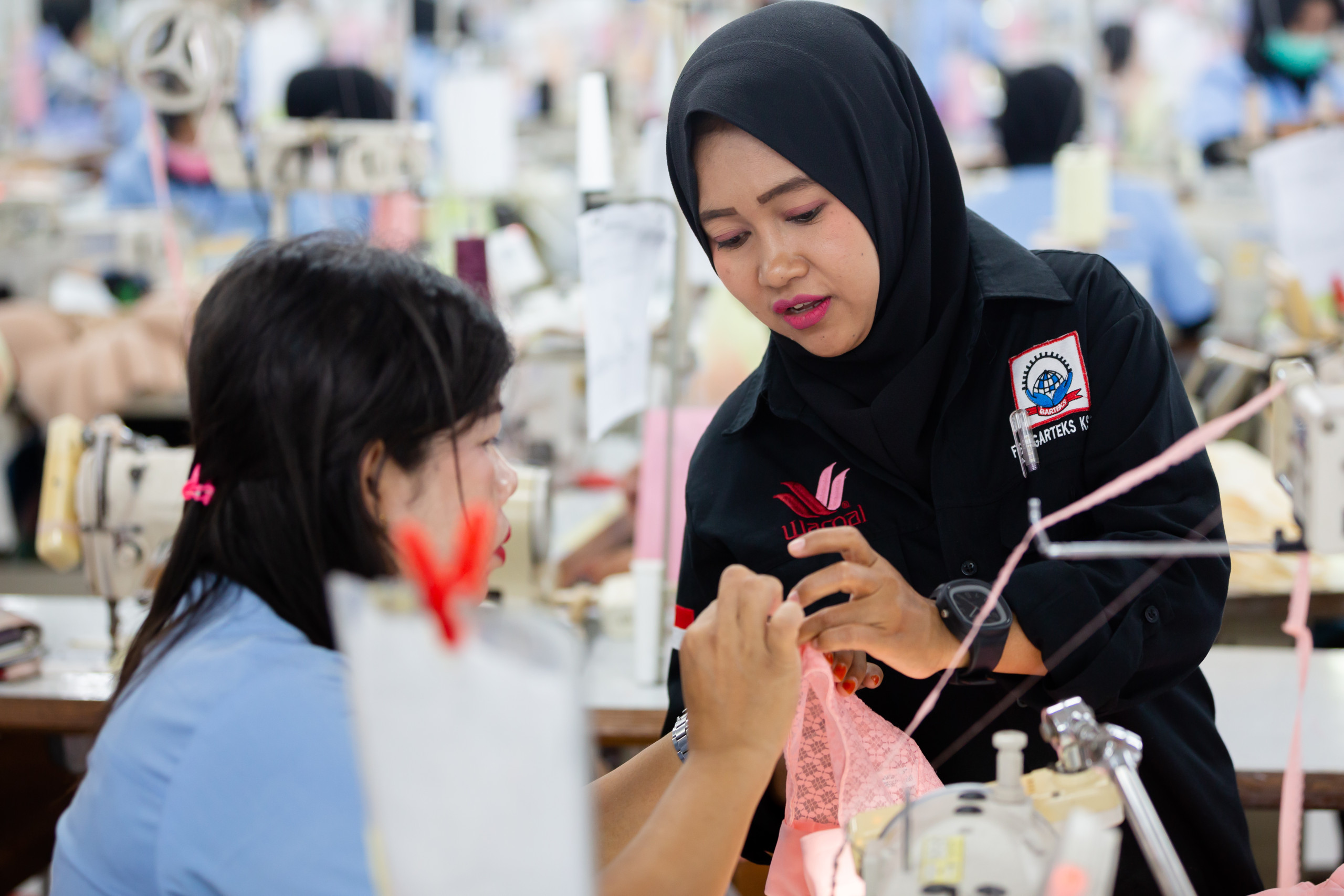
We stood up against gender-based violence
Gender-based violence is a widespread problem, but underreported in many industries. With almost 80 percent of workers in garment factories being women, this is a pressing issue we sought to address. We stood up against gender-based violence:
Establishing a gender-based-violence free zone in Jakart
Successful lobby for the adoption of ILO Convention 190 on Eliminating Violence and Harassment in the World of Wor
Establishment of Gender Network Platforms in Bangladesh and Indonesia
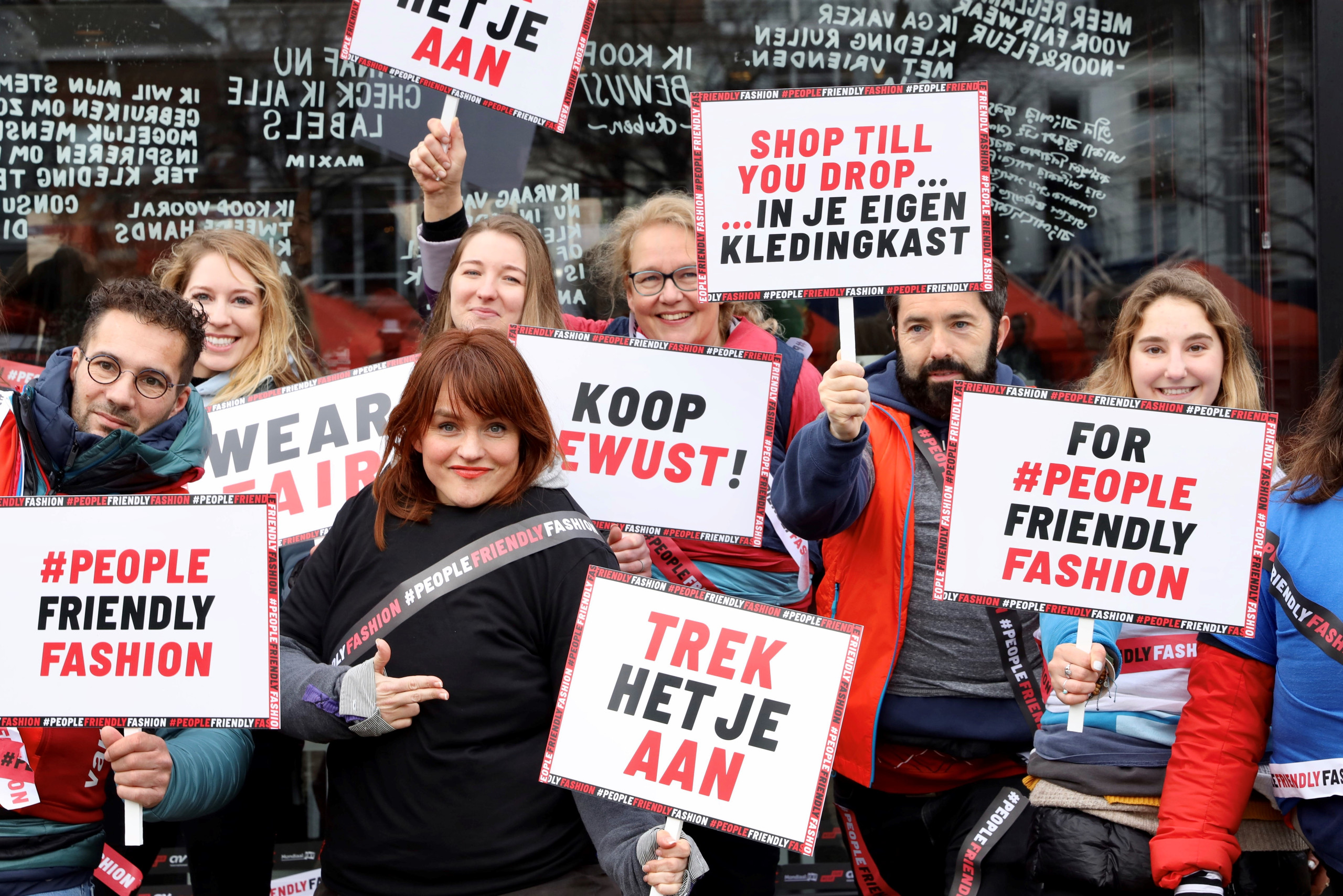
We made consumers and other conscious audiences aware of conscious shopping
Together with the member brands of Fair Wear we shared the story behind our clothes, taught people about our unique supply chain approach and encouraged consumers to shop consciously. Via presentations at high-level events, workshops and campaigns we provided consumers and other targeted audiences with tips on how to consciously change their shopping behaviour. Mondiaal FNV and CNV Internationaal were able target the 1.25 million union members of their unions. We focused on raising their awareness of the challenges faced by the people that make our clothes, for example:
Our PopUp-store for #PeopleFriendly Fashion in The Hague
Let’s meet the people who make our clothes
By providing information on conscious shopping
Our research on young consumers and fair clothing
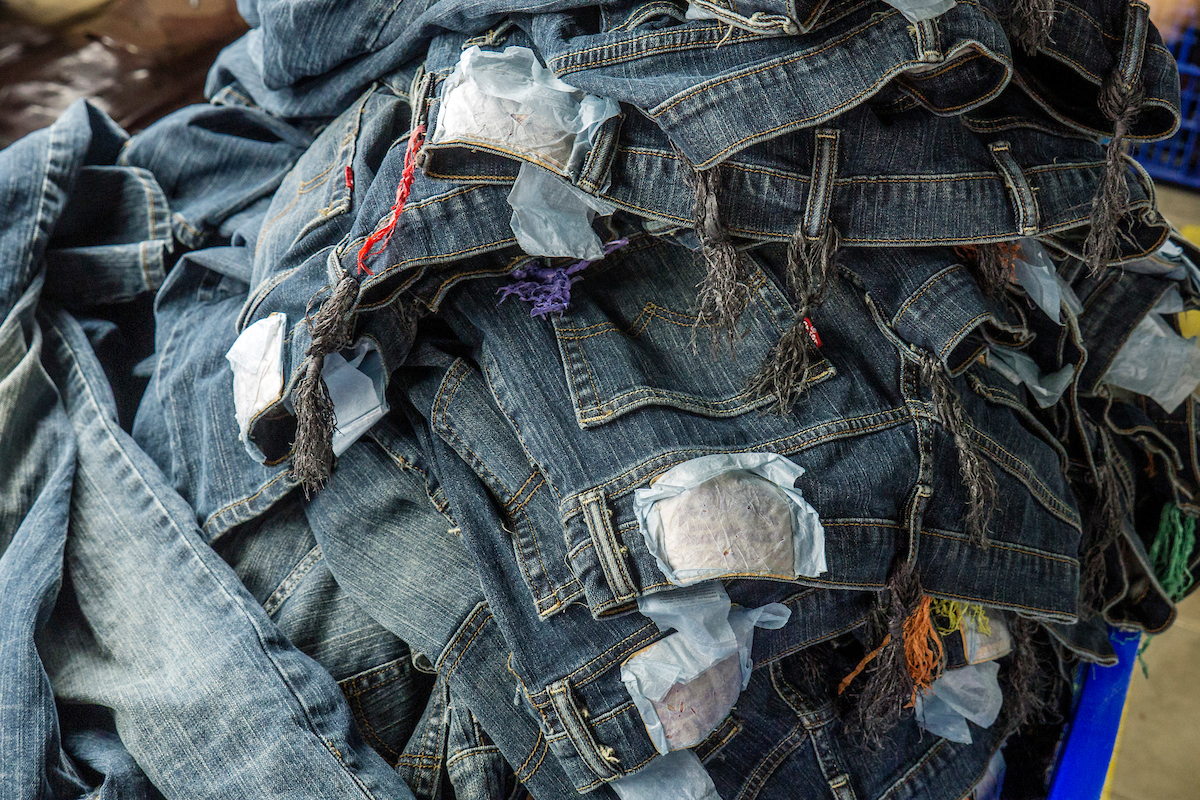
Ready, get set… STITCH!
We are proud of what we have achieved in the last five years, together with our partners, engaged audiences and other active organisations. We came a long way in establishing some of the building blocks needed to achieve what this partnership has set out to do. Covid-19 has given us all a warning about the fragility of the long-term processes we engage in. At times it has been heart-breaking to hear about factory lockdowns, how workers have been treated, and how brands have struggled to make ends meet.
Beyond doubt, the pandemic threatens the sustainability of some of the hard, valuable work done by us and our dedicated partners. On the bright side, the pandemic has shown the resilience within the strategic partnership. It also has shown the vulnerability of this sector, and raised the sense of urgency to prioritize the changes we want to see. There are encouraging stories where partner organisations have managed to mobilise to prevent mass dismissal or increase lock-down compensation for workers through social dialogue. On those occasions the work of this partnership has paid off.
We are encouraged and delighted to move on to the next phase of this partnership, welcoming CDI, Cividep and ETI.Together with the six partners, supported by the Dutch Ministry of Foreign Affairs, we are ready to step up and continue our work towards a sustainable garment industry. An industry in which human and workers’ rights are respected. We aim to involve all types of stakeholders in the ready-made garment value chain. It is the differences between us that make our partnership strong. Working together enables synergies and allows us to have more outreach and most importantly: impact. It allows us to put the issue of supply chain responsibility firmly on the agenda.
We are looking forward to the new phase of our strategic partnership, ‘STITCH’ (Sustainable Textile Initiative: Together for Change), to consolidate and further enhance the outcomes achieved!
Fair Wear Foundation
Mondiaal FNV
CNV Internationaal
Publication date 22 12 2020


